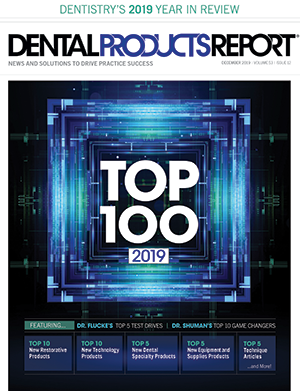Top 5 Test Drives of 2019
Dr. John Flucke, chief dental and technology editor at Dental Products Report, reviews the products that left an impression on him this year.
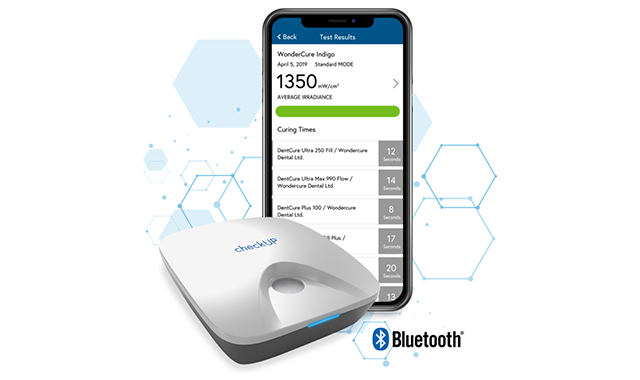
It’s that time of year again!
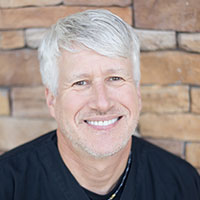
As Technology Evangelist and Technology Editor for Dental Products Report, I get the opportunity to see and learn about some amazing technology toys that are on the horizon of our profession.
Starting in January of each year I begin to compile a list of the latest and greatest new products I become introduced to. Then, in December I get to sit down and review the list to pick out my favorites and tell you more about them. The list is by no means all-inclusive. I’m fortunate enough to see a lot of great products every year and I’m limited by column inches as to how many different products I can feature. However, rest assured that you’ll continue to be seeing the most cutting-edge products I can find in the issues to come.
So now let’s get started with the annual Top 5 Test Drives of the terrific year that was 2019!
Continue reading on the next page...
DTX Studio
As our offices continue to grow further and further in a digital direction, we find ourselves in need of combining our technologies for greater efficiency.
In the late 1990s, we saw a phase I call the Implementation Phase. That time in our history saw products such as digital radiography, intraoral cameras, the early internet, and clinical computers come into existence.
The problem became that there were so many pieces of hardware that using them efficiently became difficult. Moving large cart-based systems in and out of operatories was cumbersome and each piece was a technology unto itself in a “walled garden” philosophy.
In the mid to late 2000s, we saw what I refer to as the Integration Phase. As the technologies of the late 1990s and early 2000s grew in adoption we began to see the technologies shrink in footprint and the operatory computer become the center of the technologies. This “spoke and wheel” approach had the operatory computer as the hub and all the sundry technologies as spokes that connected to that hub.
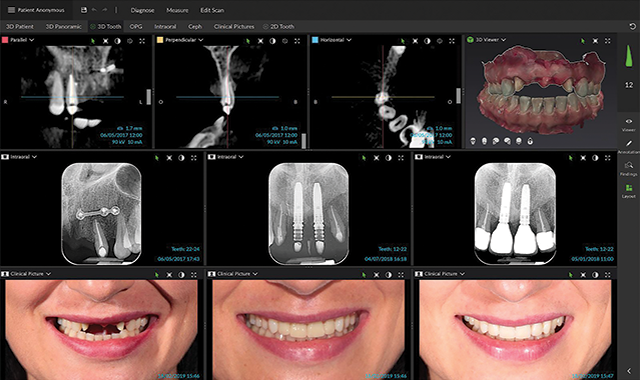
This worked well until the next phase of development that brought along more robust technologies, such as CBCT and digital impressions/scanners. These pieces of hardware required very specific computer platforms to run them and because of that, these hardware devices were created tied to a very specific computer to control them.
This led to a “splintering” of technologies. We saw another phase, Implementation 2.0, where offices began to acquire and use these devices, but they functioned outside of the operatory hub and spoke system.
This has only become more complicated as we have seen powerful 3D creation devices. Starting around 2015, we saw a proliferation of open-source that rapidly expanded the market. Suddenly 3D impression/acquisition systems could connect to design computer systems that could then connect to mills or 3D printers to allow for an incredible number of different dental appliances.
Now the industry is seeing Integration 2.0 being led by DTX Studio. This software system can connect all the 3D systems into a single digital platform. I could say “imagine” here, but imagination is not necessary. DTX Studio exists and I’ve been beta testing it since early summer.
The system can capture patient data via 2D x-ray, CBCT, or digital impression system. The system will allow for the connection of intraoral and desktop scanners, mills and 3D printers, and even perform same-day freehand surgery with real-time 3D guidance. The “spoke and wheel” system is now moving into 3D!
Continue reading on the next page...
DEXIS Titanium Sensor
The DEXIS Titanium sensor from KaVo Kerr utilizes what is referred to as CleanCapture technology, which provides improved signal performance and a wider range of energy capture. As digital sensors and the software that interprets them evolve the images, they create continue to evolve as well.
Images are more robust and “smoother” when viewed because sensors can “see” more and the software that interprets what they “see” has the ability to understand more. Subtleties and nuances that were once ignored or could not be understood are now directly incorporated into the image. Less data is “left out” of the final image, meaning more information is passed to the doctor, who then can make the correct clinical judgment call.
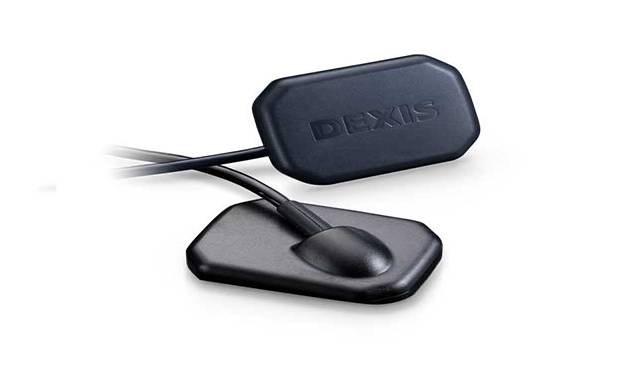
The Titanium also utilizes a USB 3.0 connection. This is technology that you will be seeing more of soon in consumer devices and I am truly impressed with DEXIS being able to bring this hardware connection to digital dentistry. The USB 3.0 moves data fast so the image data is transferred quickly and efficiently. The connector is also more durable so the plug will have a much longer life.
DEXIS also included an amazing piece of new tech into this sensor as well. The Titanium is the first digital x-ray sensor to have an accelerometer built into the hardware. Similar to how a cell phone screen rotates orientation, the sensor can sense movement. This allows the sensor to control the software simply by moving the sensor in pre-defined directions. DEXIS is not only changing radiography but also helping to decrease cross-contamination as well.
Continue reading on the next page...
Shofu EyeSpecial C-III Camera
Camera imaging in dentistry changed remarkably in the early 2010s. It changed so much so, in fact, that you would think in 2019 there would be very little to write about when it comes to camera imaging in the past year-and in thinking like that, you would be wrong. That’s because the incredibly bright people at Shofu have, more or less, rewritten the book when it comes to designing a camera for use in the dental environment with the EyeSpecial C-III Camera.
It has a large LCD crystal clear touchscreen, so it allows the user to change settings and crop images directly from the screen. In addition, the camera and the screen are both chemical resistant. This means the camera can be used during a procedure while wearing contaminated gloves and then wiped down with chemical disinfectants without damaging the plastics or electrical components. Cross-contamination has always been a huge concern when using high-end digital cameras in clinical environments but now Shofu has eliminated those concerns.
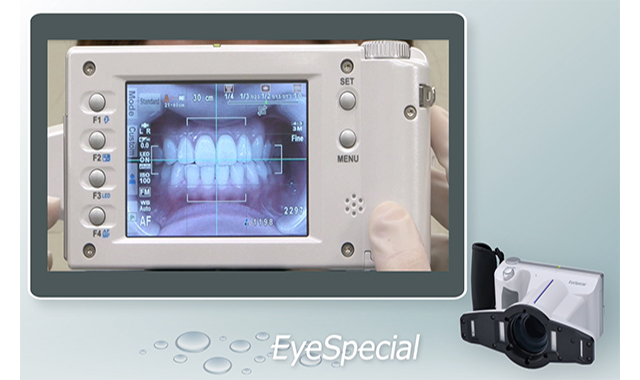
The EyeSpecial C-III also comes from the factory with eight pre-programmed modes Standard, Low-Glare, Full Face, Mirror, Whitening, Isolated Shade, Tele-Macro, and Surgery. Having these modes allows the operator to deal with a myriad of clinical situations without memorizing an owner’s manual.
The best part? This camera takes incredible photos with minimal training. Shofu has created a truly “point and shoot” camera. Staff can now take truly phenomenal photographs with an affordable system that requires minimal training. Even if you can’t tell an f-stop from a backstop, you can hit a home run with the Shofu EyeSpecial C-III.
Continue reading on the next page...
checkUP from BlueLight Analytics
When it comes to curing lights, we all know that they are important. We know that proper photopolymerization of our restorations is intrinsic to their long-term success, but how exactly do we know that our curing lights are providing the proper amount of energy to the materials?
Up until 2019, this question has been answered in a best guess scenario. That’s simply because we never had a true way to quantify our light output. The best we had were radiometers that gave us a rough idea of light intensity but were far from truly accurate.

Then along came BlueLight Analytics with their product checkUP. It’s a small device that connects to your smartphone via Bluetooth and runs an app that allows your light to be measured by the checkUP device and the results shown on your phone via the checkUP app. For the first time, doctors can actually see the digital readout of their light intensity.
You set up the app by telling it what type of light you will be measuring and what type of composites you use in your office. The app will not only provide you a digital readout of your light intensity, but it will also use that information to give you recommended curing times for the materials you are using in your practice.
checkUP reduces the guesswork and helps you to know the proper curing times for your materials. By utilizing this information, you can correctly adjust curing times and have greater confidence in the polymerization of your materials.
Continue reading on the next page...
SleepArchiTx
As we all have become aware in the past few years, there is a sleep epidemic in the United States. Or, to be clearer, there is an epidemic of a lack of quality sleep in the United States. About 22 million Americans suffer from Obstructive Sleep Apnea (OSA) and of those, 80 percent who are considered moderate or severe are undiagnosed.
So, if a doctor is interested in treating OSA how do they get properly trained and up to speed with helping their patients? That is where SleepArchiTx comes in.
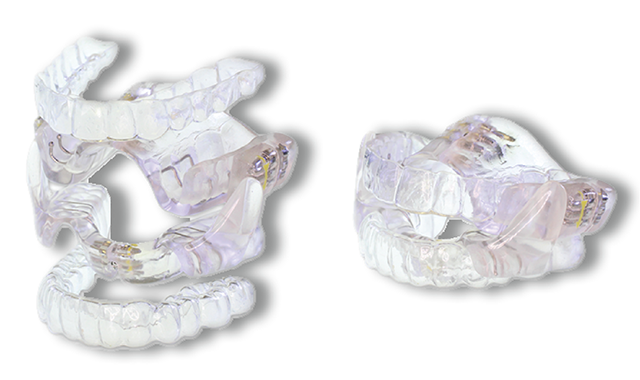
The company offers a turnkey solution for doctors that provides marketing and training on sleep studies, diagnosis, treatment, and medical billing. They also have certified sleep physicians and dentists well versed in oral appliance therapy to provide training and coaching for every step of the clinical process.
Whether you are just getting into treating sleep disorders or have been doing some cases but simply want to do more cases and do them better, SleepArchiTx can provide what you are looking for.
Wrapping Up
So, there are this year’s selections. It’s an impressive group. Even though I see these technologies in my own hands, it still gives me a thrill to tell you about them. This year has seen a very pronounced increase in some very viable technologies. Quite honestly, I can’t begin to imagine what next year’s Top 5 Test Drives will look like, but I’m sure they will surpass what I have here, and that is truly amazing-even to The Technology Evangelist.
